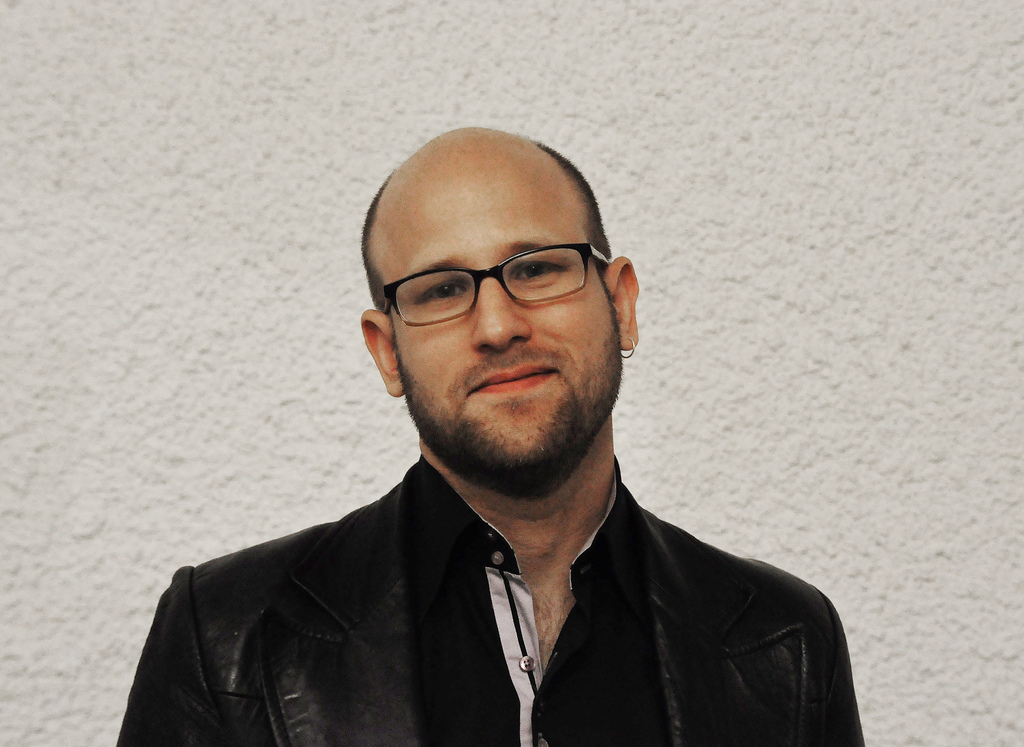Even some of the most powerful tech companies start out tiny, with a young innovator daydreaming about creating the next big thing. As today’s tech firms receive increased moral scrutiny, it raises a question about tomorrow’s: Is that young person thinking about the tremendous ethical responsibility they’d be taking on if their dream comes true?
Greg Epstein, the recently appointed humanist chaplain at MIT, sees his new role as key to helping such entrepreneurial students think through the ethical ramifications of their work. As many college students continue to move awayfrom organized religion, some universities have appointed secular chaplains like Epstein to help non-religious students lead ethical, meaningful lives. At MIT, Epstein plans to spark conversations about the ethics of technology—conversations that will sometimes involve religious groups on campus, and that may sometimes carry over to Harvard, where he has held (and will continue to hold) the same position since 2005. I recently spoke with Epstein about how young people can think ethically about going into the tech industry and what his role will look like. This interview has been lightly edited and condensed. Isabel Fattal: Tell me a bit more about what you see as the purpose of your new role, particularly as it relates to the ethics of technology.
Greg Epstein: I’ve been the humanist chaplain at Harvard since 2005. In these 14 or so years of experience that I’ve had, the single biggest thing I think we as humanists and human beings need to look at when we’re training young leaders today is the need for more attention to human values in science, technology, and business. The world is being reshaped before our eyes, and we’re not ready on campus, because we don’t have an ethical footing from which to teach. At MIT I feel like I’m being given an opportunity to offer a perspective and to help students determine their own perspective.
Fattal: How would you advise students working with technology to think about ethical dilemmas?
Epstein: One of the things that I would start with is to say, “When you’re thinking it through, whatever you do, do not think these things through isolated and alone—you must be part of some kind of broader community in order to make reasonable, effective moral decisions.” A lot of the young men who are taught to be entrepreneurs are trying to become a kind of superhero, to go and solve the world’s problems on their own, and to receive ticker-tape parades and the admiration of the masses for doing so. That mentality is one of the things that is most dangerous in our contemporary ethical life. You have relatively well-meaning people in many cases with at least half-decent ideas who end up inflicting so much damage.


